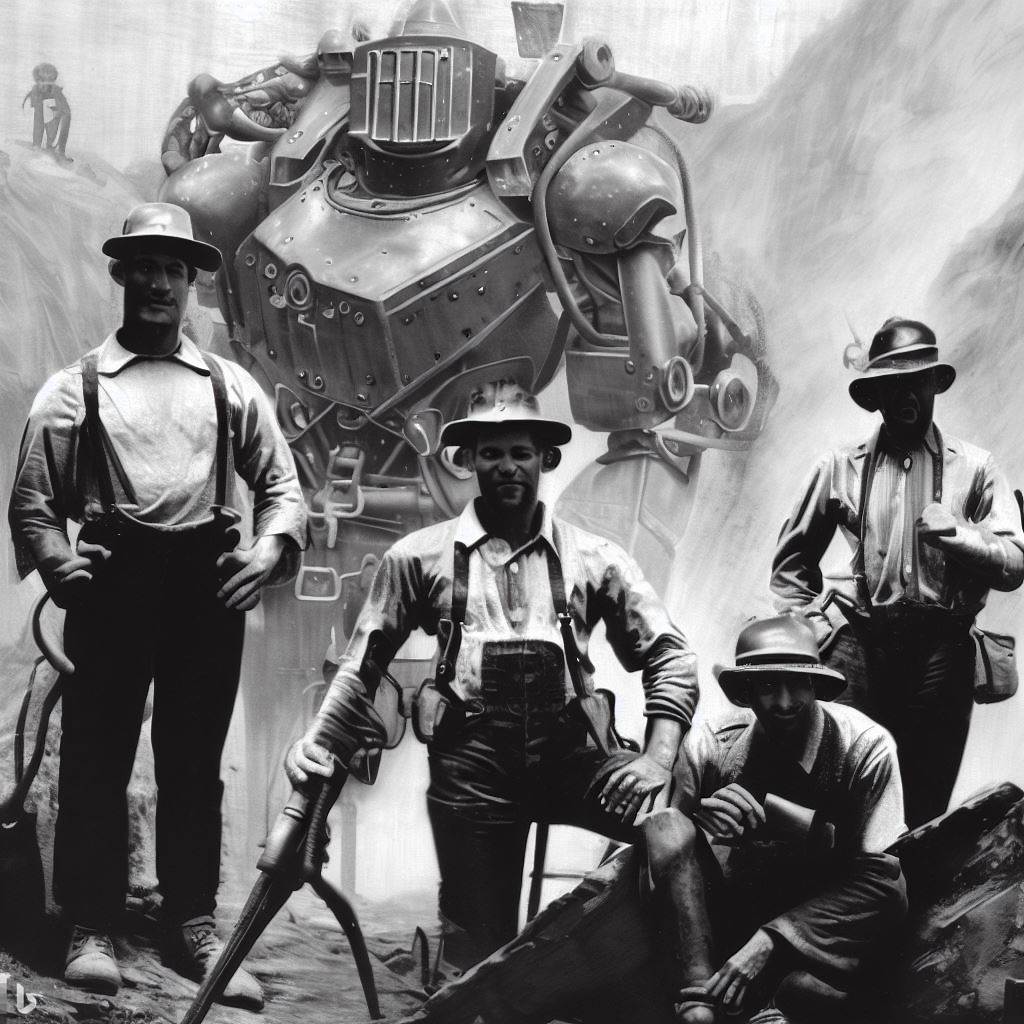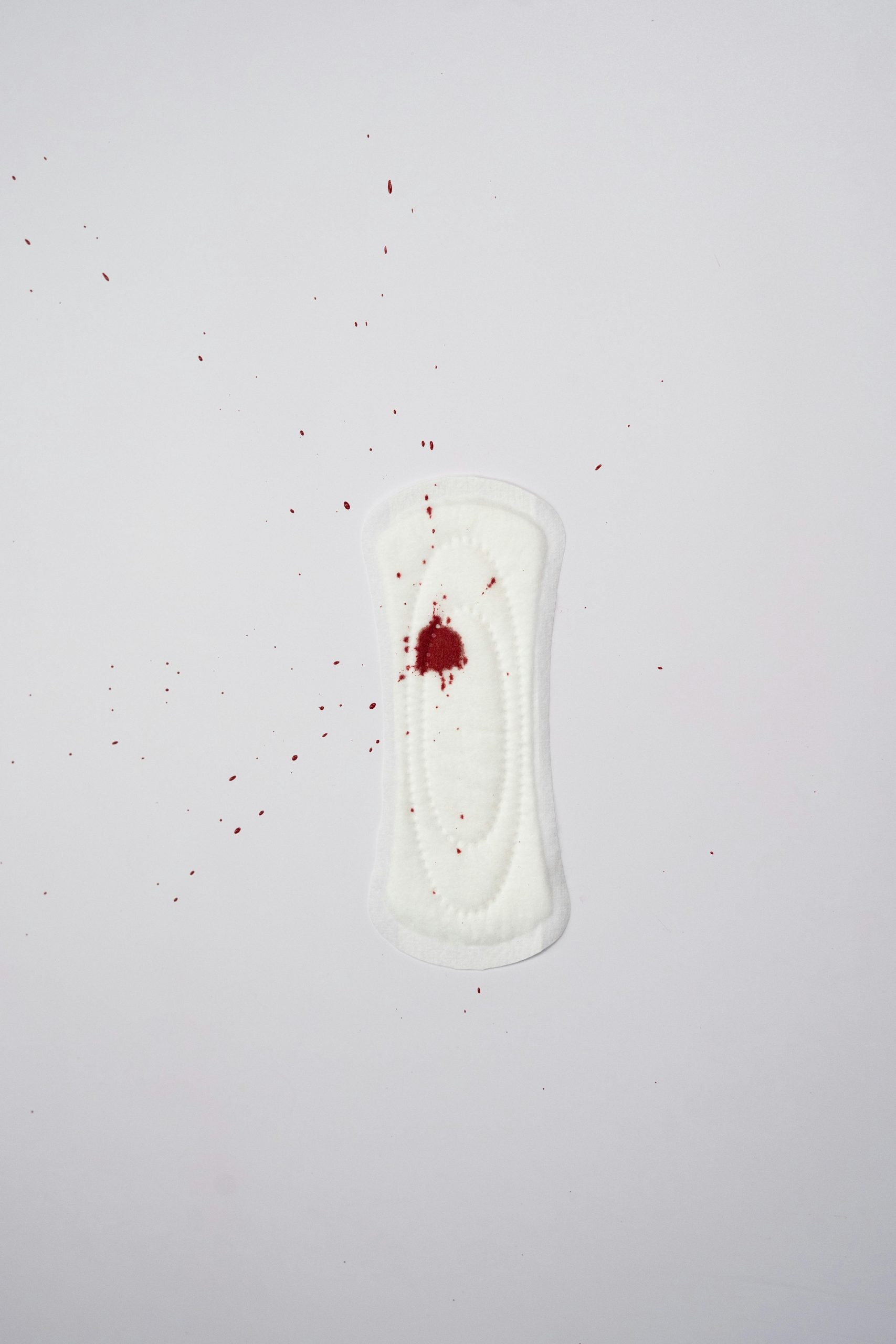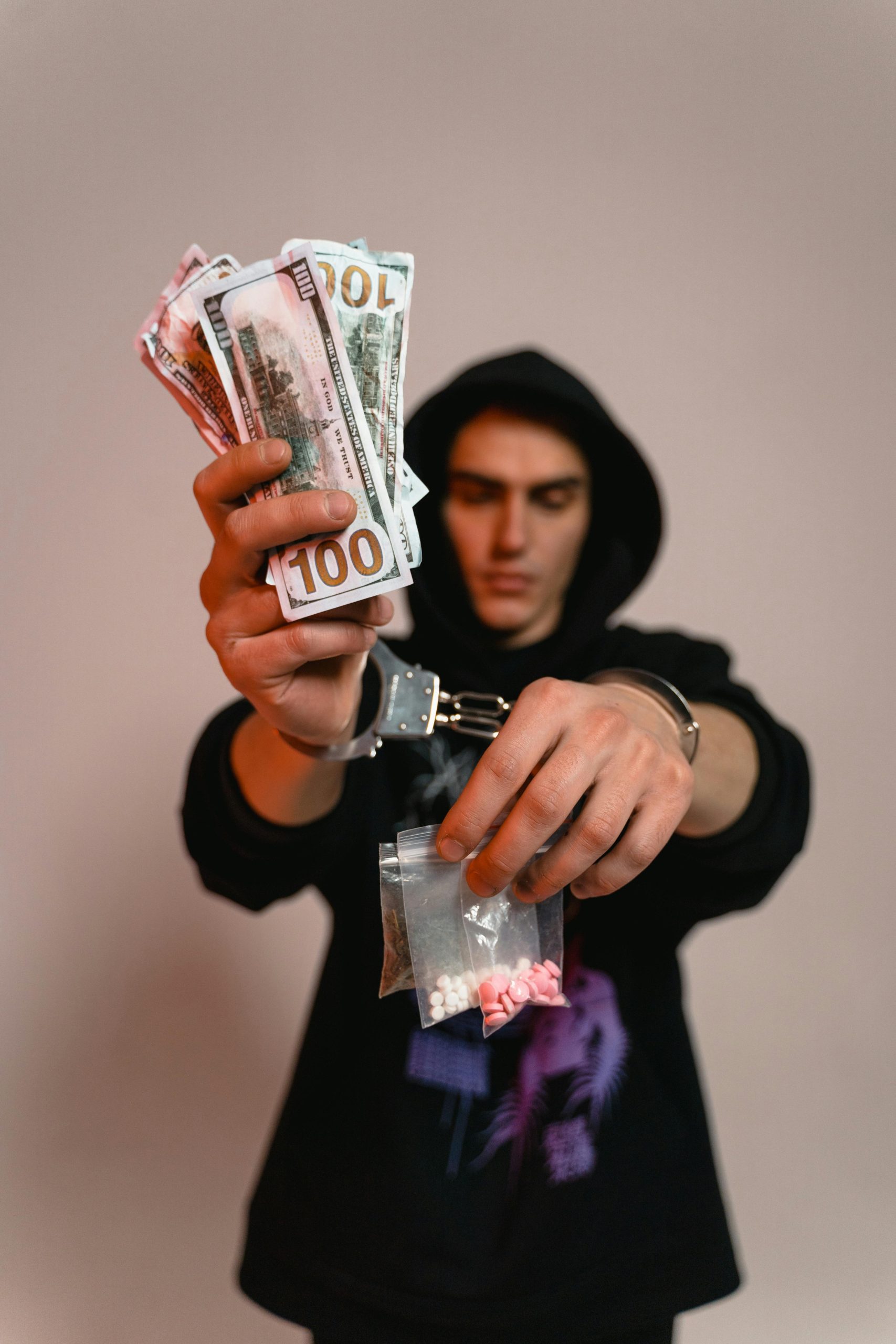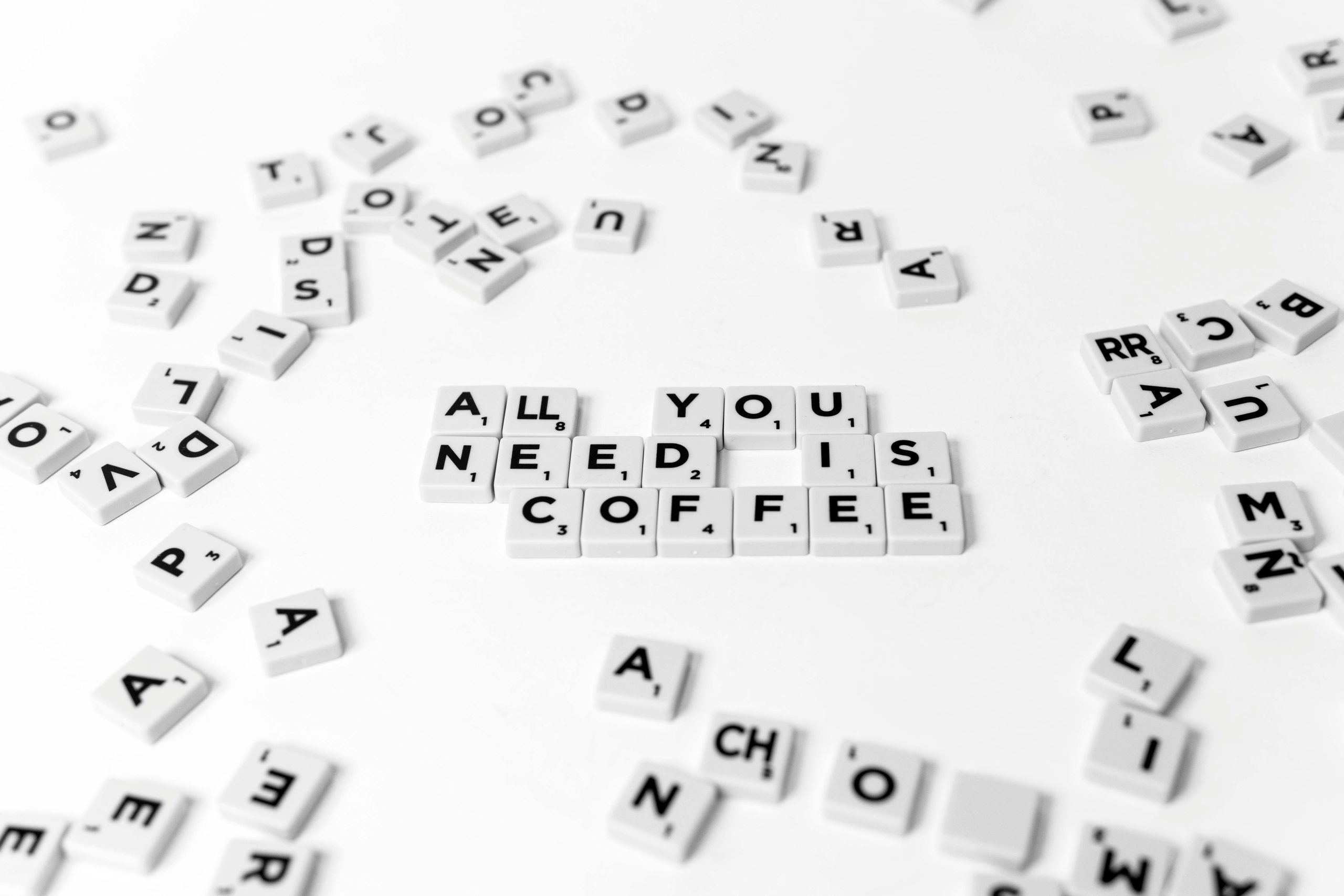Title: The Curious Case of Disney’s Naming Choices: A Dive into Cultural Commentary
In recent years, Disney has garnered considerable attention for its strategic naming decisions, particularly as they relate to public perception and searchability. A notable example is the renaming of its latest project, previously titled “California New World Order,” to “Brave New World.” This change seems to echo a contemporary effort to shift focus away from Aldous Huxley’s iconic 1932 novel of the same name, which delves into themes of societal control and the transition between life and the afterlife.
Aldous Huxley’s commentary on a dystopian future was undoubtedly influenced by his brother, Julian Huxley, who served as the President of the British Eugenics Society and was instrumental in UNESCO. Julian’s ideology was grounded in the belief that societal hierarchies could be traced back to perceived genetic superiority, a premise that Aldous critiques in his satirical work. Within Brave New World, Fordism is at the forefront, symbolizing the dehumanization and mechanization of society, a troubling reflection of both the past and present.
Interestingly, the recent Disney adaptation introduces an iconic character played by Harrison Ford, who portrays a president in a world where societal sedation is enforced through substances reminiscent of Huxley’s “Soma.” The incorporation of Ford’s role isn’t just a casting choice; it serves as a modern touchpoint that parallels historical narratives with today’s cultural dialogues.
As we reflect on these connections, it raises a thought-provoking question: Are there additional parallels to be drawn between the narratives we consume and the societal structures we navigate? The intricate web of influences between literature, media, and historical ideologies invites us to dig deeper and examine the implications of these creative decisions.
What are your thoughts on these connections? Could there be more layers to uncover in Disney’s latest adaptation? Join the conversation!



